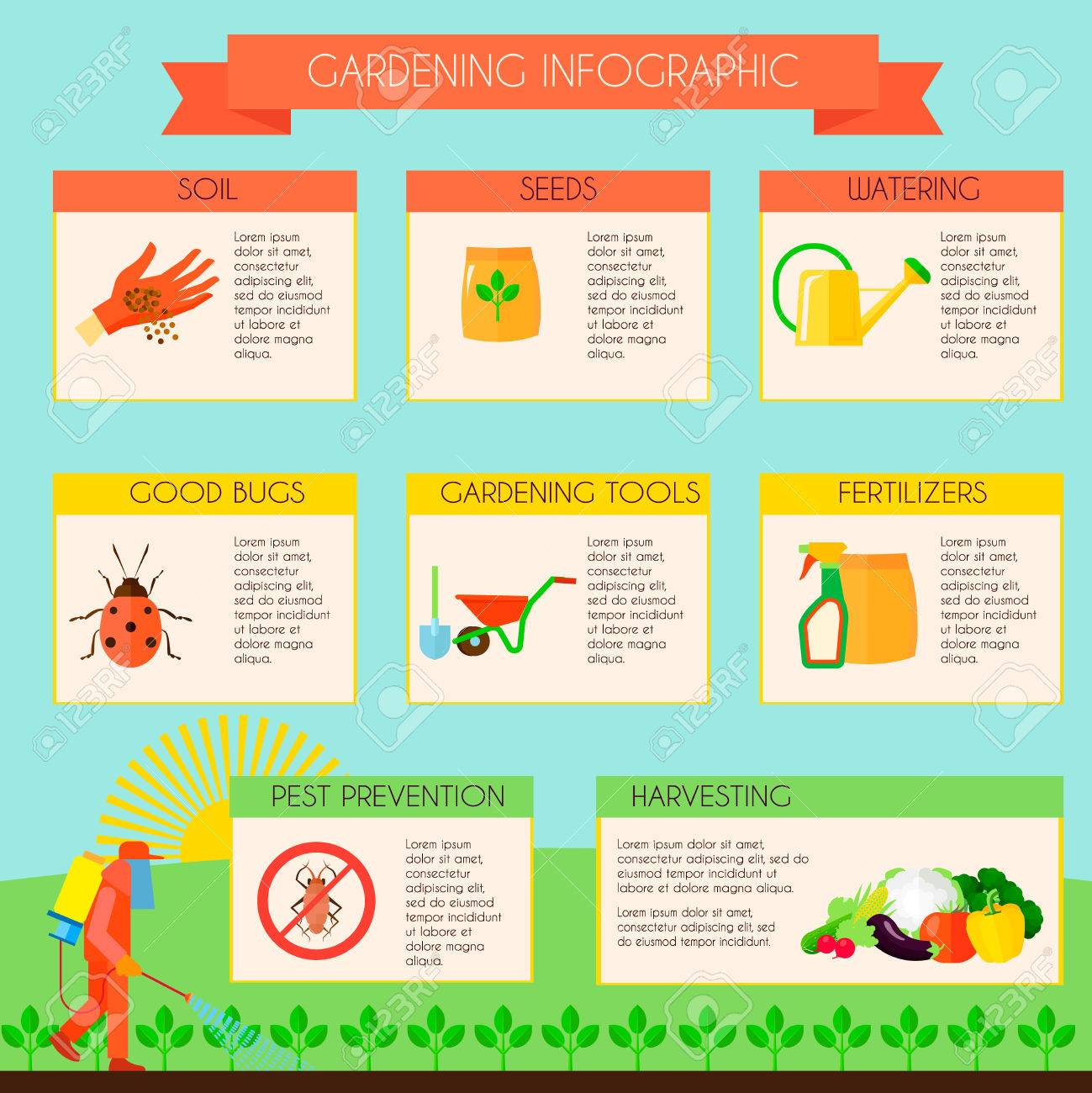Shielding Your Garden From Vermins: Strategies For A Pest-Free Outdoor Space
Shielding Your Garden From Vermins: Strategies For A Pest-Free Outdoor Space
Blog Article
Material Writer-Frandsen Medeiros
Picture your yard as a sanctuary, an area of serenity and appeal. However, the visibility of outdoor parasites can promptly interrupt this ideal photo. What if there were simple yet efficient means to maintain these unwelcome site visitors at bay and secure your yard oasis? By adhering to a few functional ideas and carrying out natural techniques, you can develop a harmonious outdoor area where your plants can thrive undisturbed.
Natural Bug Deterrents
To keep insects away from your yard naturally, plant aromatic herbs like mint and lavender. These great smelling plants not only include beauty to your yard but additionally serve as reliable insect deterrents. Insects like mosquitoes, flies, and also some garden-damaging insects are fended off by the strong scents produced by these herbs. Merely positioning them strategically around your yard can help develop an all-natural obstacle versus unwanted parasites.
Along with termite control companies and lavender, consider growing various other natural herbs like rosemary, basil, and lemongrass to even more enhance your garden's pest-proofing capabilities. These natural herbs not only act as natural repellents yet also have actually the added advantage of serving in food preparation or crafting self-made remedies.
Strategic Plant Placement
Take into consideration the layout of your garden and the kinds of plants you have to tactically put them for maximum pest-proofing effectiveness.
Start by organizing plants with comparable resistance to insects with each other. By doing this, you can produce a natural barrier that discourages bugs from spreading throughout your garden.
Furthermore, placing pest-repelling plants like marigolds, lavender, or mint near even more vulnerable plants can help protect them. Tall plants, such as sunflowers or corn, can work as a shield for much shorter plants versus insects like rabbits or ground-dwelling pests.
Bear in mind to leave sufficient area in between plants to enhance air circulation and lower the risk of illness that pests could bring.
In addition, take into consideration planting strong-smelling natural herbs like rosemary or basil near at risk plants to confuse pests' detects and make it harder for them to locate their targets.
Effective Bug Control Techniques
For combating yard parasites successfully, applying a multi-faceted insect control approach is crucial. Beginning by urging natural killers like birds, ladybugs, and hoping mantises to aid maintain insect populations in check. Presenting plants that bring in these valuable pests can help in insect control. In addition, practicing great garden health by removing debris and weeds where insects could conceal can make your garden less welcoming to undesirable visitors.
Take into consideration making use of physical barriers such as row cover fabrics or netting to protect vulnerable plants from pests like caterpillars and birds. Using organic chemicals like neem oil or insecticidal soap can additionally be effective versus specific parasites while being less dangerous to useful insects and the environment. https://www.ajc.com/life/eagle-rescued-in-panola-mountain-state-park/676CFGTYPVGDBDH6BVZN4JGB3U/ to turn your plants each season to stop the build-up of bug populaces that target particular plants.
Consistently inspect your plants for indicators of pest damage so you can act immediately. By incorporating these techniques and staying cautious, you can successfully manage garden insects and take pleasure in a thriving, pest-free garden.
Conclusion
So, there you have it - with the appropriate strategies, you can keep pesky outdoor insects far from your garden and aid your plants grow.
Did you understand that planting mint has been shown to ward off insects and various other bugs, reducing the requirement for harmful chemicals by as much as 60%?
By including natural deterrents and smart growing techniques, you can produce a stunning and pest-resistant yard oasis for you to delight in.
